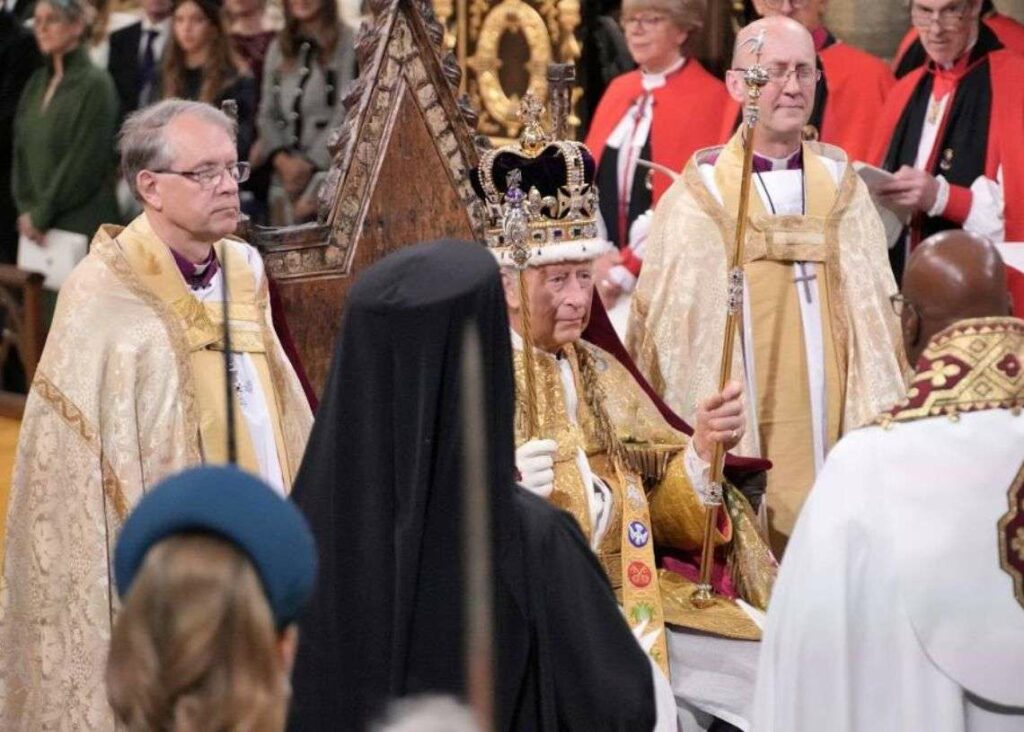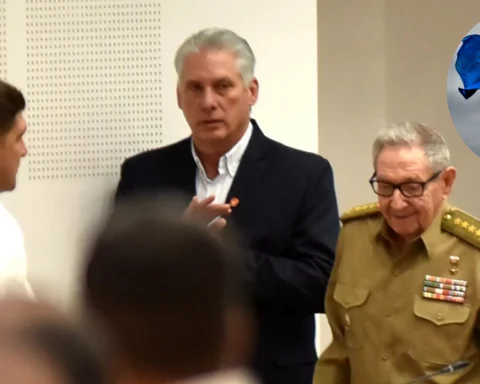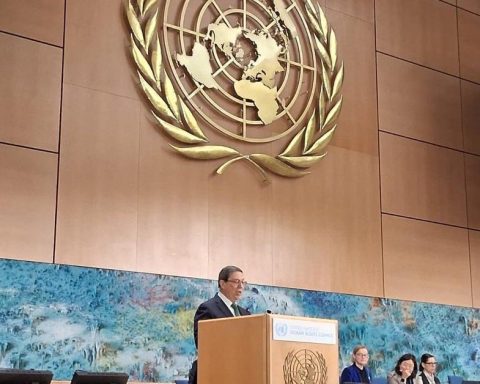Gonzalo Chavez Alvarez*
Finally, the Senate approved the “Law for the purchase of gold destined to strengthen international reserves”, a rule whose title seeks to hide its main objective, which is actually the sale of gold.
The masters of official political sophistry presented this coquettishly disguised goal as “carrying out financial operations with international gold reserves in international markets.”
It is the old strategy of: It is not the same, but it is the same. The fourth power is not the same as being able to reach the fourth. It is not the same to say fish eggs, than fish from eggs. It is not the same to say old footprints as old footprints. It is not the same to sell gold as to carry out financial operations with the precious metal. It is not the same to be a masista evita, than an arcista masista, but they vote the same.
The Gold Law is short, 7 of its 9 articles talk about the purchase of gold from the domestic market. Only 2 for sale. In the first case, we talk about: scope, market, price, purchase conditions, purchase services, gold refining, and a jewel of the populist brotherhood. Article 8. Gold sales in the domestic market – by mining cooperatives, which are the majority of producers – will be exempt from transaction tax (IT) and will have a zero rate of value added tax (VAT). The brothers and colleagues in the gold sector who are Bolivia’s first export, 3,000 million dollars and who pay only 2% of taxes, now, in recognition of their sacrificial effort and brutal environmental pollution, will not pay these annoying taxes either.
In the second case, the sale of gold, faithful to the Solís Law, listen to the little song and you will be happy, the Government placed the saving article, 9, well hidden and encrypted in a financial “economes”, the jargon of the tribe of the technocrats. To the letter it says: “The Central Bank of Bolivia will carry out operations in the international markets with the Gold Reserves, being able to buy, invest, deposit in custody, use hedging instruments, transform and convert them into currencies, in order to optimize liquidity and/or the performance of the International Reserves”. Vulgo sell gold or according to the new alchemy of the exchange process: “transform and convert gold into currency.”
With this new law, from the tree of power, it has been insisted that not only will “gold be transformed into currency” but there will also be a magical replacement of gold. The BCB expects to buy between 5 and 10 tons of the precious metal per year and that this will replenish international reserves by approximately 500 million dollars per year. In other words, on this path it will take 30 years to return to the level of international reserves of 2014, when they were 15,000 million dollars. We are moving forward.
Will the purchase of gold by the BCB restore international reserves? No, wow.
Suppose that, in a magnanimous act, the mining cooperative members decide to sell gold to the BCB, do not forget that in this way it will be possible to know how much they produce, where they produce and who they are. For many, it will force them out of informality. This is the positive side of the law. We’ll see if the new Gold Barons take the bait. The sale is voluntary.
One rainy winter day, the mining cooperative members and their Peruvian and Chinese partners will deliver their nuggets to the BCB, who will pay them in Bs. They are happy to have made a very good transaction because they were paid international prices for the precious metal in Bolivia, and chochos because they saved transportation costs and skipped external marketers- will go out with their Bs. Some will serve a delicious thimpu with virgin parsley and some chelitas and others will go to Chifa Los Manjares de Mao to crack chicken bittersweet. Both, at first, will make their expenses in local currency, but later they will go to the exchange houses or line up at the BCB to buy dollars, first, to acquire imported inputs, such as mercury, and certainly, to store their wealth. in the greens of the empire. The Chinese, Peruvians and Colombians who participate in the business will also want dollars to get their money out. Operation result. Gold enters the RIN, but dollars immediately leave. The level of total INRs will change very little.
Now, with the financial operations of “transforming gold into foreign currency”, are the problems of the Bolivian economy over? No way. It gives for the chairo of a few months. In principle, something like 1.3 billion dollars will be available, which is half of the total RIN in bullion. Let’s look at some data. The Bolivian economy needs something like 1,000 million dollars per month to import, which in theory should be financed with another 1,000 million dollars that come from exports. In addition, another billion dollars are required to service the external debt. Likewise, a little help is needed to close the public deficit and increase public investment. 42 state companies are being offered for the basic chemical industry.
In a context of “pot scraping”, the currencies for the sale of gold will be like putting blood on a zombie. They will last a few months, but they will be insufficient.
So it is not surprising that, some time from now, the next step to rebuild the RIN will be for the Government to buy gold teeth (incisors pay better), non-toxic divorce rings, private school graduation rings, men’s slaves gallants, virgin navel piercings, moles of the Great Power, 16th century chairs with gold leaf, chains of eternal love, presidential medals found in robberies, coins, and others. So be preparing your teeth to sell.
*Gonzalo Chávez Álvarez is an Economist

















